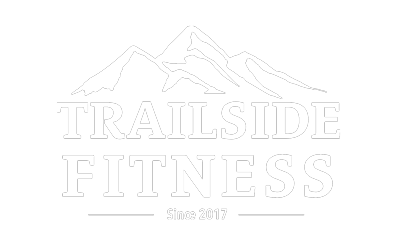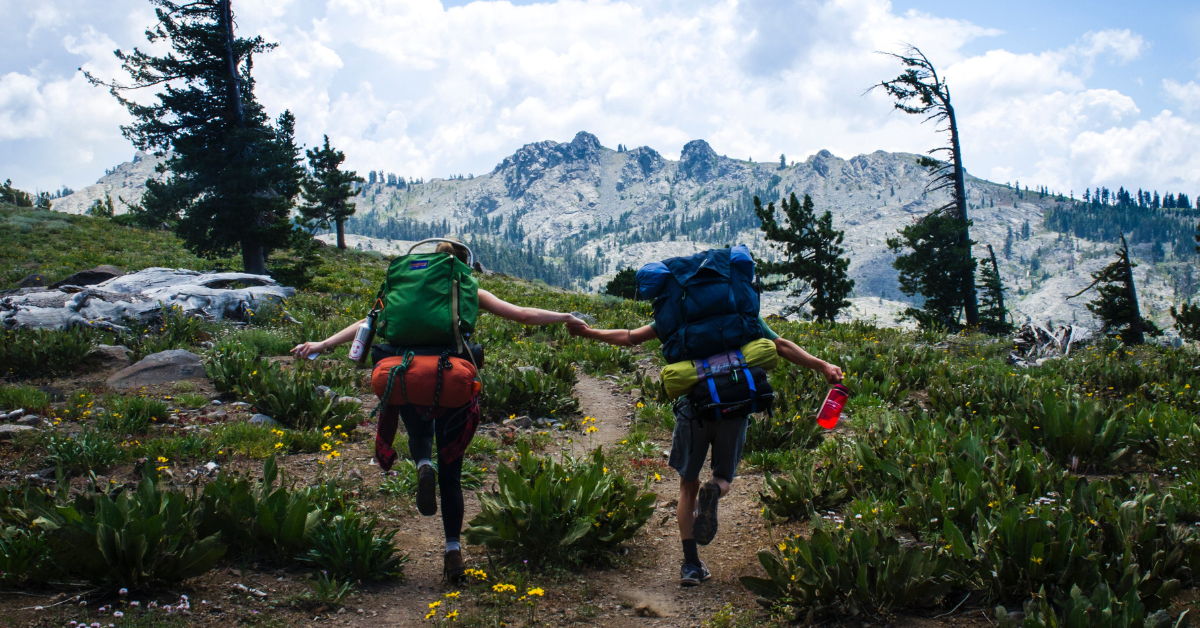How Long Should You Train Before A Hike?
How long should you train before a hike? This is an important consideration that can directly impact the outcome of your hike. In this post, I’ll discuss the optimal time needed to train successfully before a hike. Your body needs time to adapt physically to training, and you can’t cram in fitness! With that, let’s jump into the details!
Train Before A Hike
Ideally, your training program before a long-distance hike would be 12-16 weeks. You may wonder why 12-16 weeks or three to four months is an ideal time frame to prepare. It takes the body that long to physically respond to the positive input it gives from exercise. Consistent training during the months leading up to your hike will allow your body to adapt to reduce injury risk. To train before a hike is the most important thing you can do to reduce the risk of injury!
For example, muscles take around three months to adapt to consistent exercise. The positive physical stress of exercising ligaments and muscles is closer to the 6-7 month mark. With training, you’ve basically given your body a blueprint. It knows for months before your hike if you’ve been training and physically active. Your body will be used to this regular, steady, progressive exercise leading to your hike.
Let’s contrast actively training versus doing nothing and letting the trial get you in shape. Going from the couch to hiking 14+ miles daily with a fully loaded pack would be a huge physical adjustment. The miles would leave you sore and mentally beaten down, and you wouldn’t have any fun.
Your body is the most important piece of “gear” that you need to invest in before you begin your hike. How you train can directly impact the outcome of your hike.
Invest your time in training. Quit wasting time on the best sleeping bag brand, pack, or water filtration system. Honestly, Facebook hiking groups are largely a time waste, too. Hikers consistently voted them the least helpful method of planning a hike. Gear choices are important, but they don’t ultimately make or break the outcome of your hike. Your body does.

Why You Should Train Before A Hike
Training is what makes or breaks your hike. If you didn’t train before your hike, you have to recognize that the tendons, ligaments, and muscles have had no time to adapt to the physical stress of the hike. Your risk of injury will increase, and you must understand that. If you elect to let the trail get you in shape, you must follow a slow progression in miles to allow your body to adapt, or you’ll risk overuse injuries.
Remember, if the muscles, tendons, and ligaments are stronger and more robust, your body will have less physical stress when you start hiking.
Leading up to a hike can be stressful. Dealing with getting a permit, the training, gear choices, dealing with your job and living situation, it all adds up.
Overwhelmed With How To Train Before Your Hike?
On your start date, you want everything ready to go. Before you start, you should be fully confident in your mind, body, and gear. How long you train before your hike builds physical and mental resiliency, and confidence in your gear from your training hikes. You are about to take that first step on the trail, and your dream will become a reality. There may still be some question marks ahead, but you can erase any doubt that you’ve done everything possible to prepare for your hike.
You spent time physically training and getting ready. You know some injury prevention strategies you built. You worked on your mindset and feel as prepared as possible. You’ve put in the legwork to ensure you’ll be as successful as possible, tipping the odds in your favor.
Somewhere in your vision and the months for years you’ve been thinking about this hike, you’ve envisioned yourself starting this hike and ending it, and I’ve been dating that vision you didn’t see yourself stopping halfway through because of an injury.
Start And Finish Your Hike
I want you to start your hike, finish it, and not worry about ending it early because of an injury you could have avoided with some prep work beforehand. I’ll say once more that if you train before a hike, you will reduce your risk of injury. When you step foot on your hike to start, that is a dream becoming reality, and I know exactly what that feels like I spent years preparing to hike the Pacific Crest Trail
When I took my first step on the Pacific Crest Trail, the only thing I had in front of me was a grand adventure. Laying the groundwork before I left meant enjoying my time and knowing I had done everything possible to prepare.
I want the same for you. If you’re planning a long-distance hike, let’s connect.


Recent Comments